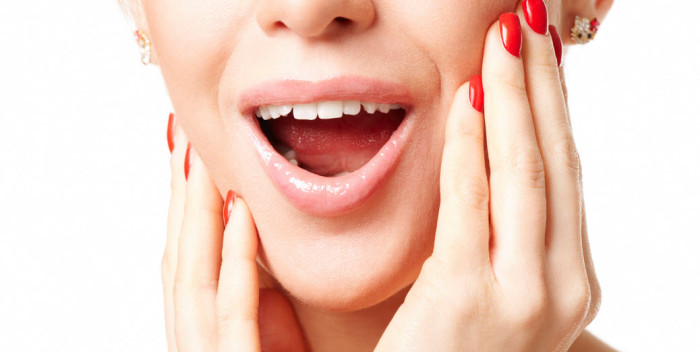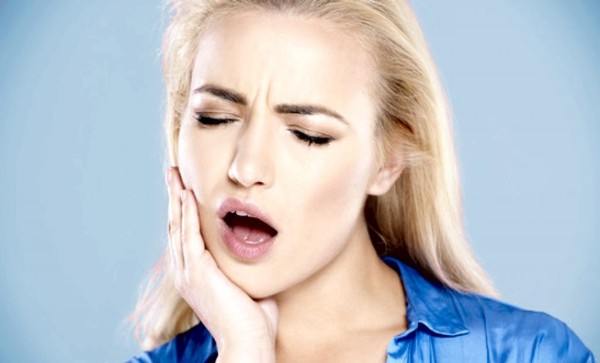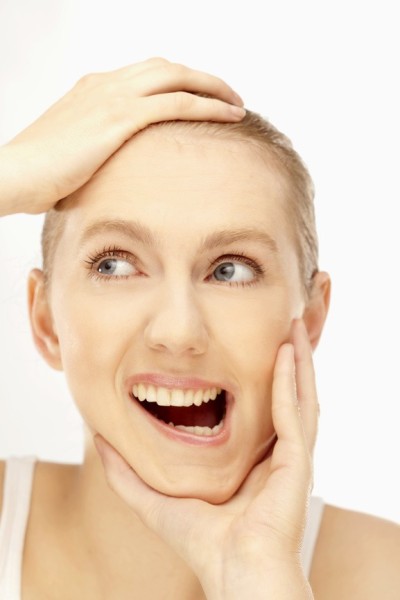Why does the jaw drop?
Why does the jaw drop? Is it just a sudden, temporary phenomenon, or is it a serious enough threat to a health condition? It is difficult to unequivocally answer this question, but if such symptoms begin to recur very often, bring some discomfort and even pain, then it is necessary to undergo a medical examination, which will help to establish the root cause of the appearance of this sensation.
Clears the jaw - causes of an unpleasant feeling
Under the concept of "jaw dropping" people mainly mean uncomfortable and unpleasant sensations in the lower part of the face. The jaw, both upper and lower, can be reduced by the consequences of various reasons. Sometimes an ordinary, sudden muscle spasm leads to this condition, which quickly passes without consequences. In some cases, sudden jaw clenching and painful symptoms may be associated with injury. Usually, these reasons are considered:
- A stressful state or intense excitement, as well as dysfunction of the entire nervous system, most often associated with mental disorders - all this leads to spasm of some groups of the facial and jaw muscles, as a result of which the jaw collapses.
- Overexertion of the facial muscles as a result of arthrosis, arthritis or pathological diseases of the temporomandibular region are usually accompanied by rather severe pain spasms, which can be confused with the feeling of "jaw dropping".
- After yawning, when the jaw is flattened, residual processes are provoked. Jaw cramps in this case may be a consequence of chronic trauma. During yawning, certain muscle groups lose their tone a little at the beginning, and at the end they acquire, especially with overexertion, hypertonicity.
- Severe involuntary clenching of the jaws during sleep and gnashing of teeth, which is called "bruxism", can cause headaches in the morning, and the intensity of such clenching can sometimes be confused with the feeling of jaw closing.
- Diseases of the cervical spine, osteochondrosis, as well as chronic injuries or bruises.
- Dental pathologies - dental caries, transformed into pulpitis, periodontitis, as well as inflammatory diseases of the upper respiratory tract. All this provokes an inflammatory process, which results in damage to the jaw nerves.
A simple dislocation of the jaw sometimes leads to spasms and abnormal muscle contractions, especially when chewing solid food - at this point, the jaw can suddenly collapse. Certain foods, especially those containing acids, or alcoholic beverages, can also cause spasm of the esophagus, which in turn causes the muscles in the jaw to contract.
In all cases, when the jaw constantly reduces and these spasms bring discomfort and painful sensations, it is necessary to diagnose the cause of the appearance of such symptoms. Only treatment of the root cause of the pathology will help to completely neutralize such sensations.
What to do if your jaw is cramping
When unpleasant symptoms are persistent and cause a lot of unpleasant sensations, patients begin to ask the question: what to do? In those cases when the jaw reduces, and the general condition of the body deteriorates significantly, the temperature rises, you should immediately contact the surgeon. It is possible that these symptoms are the result of purulent inflammation or polio. Several signs that accompany muscle spasm of the upper or lower jaw should definitely alert everyone and become a reason for immediate medical attention:
- tension on only one side of the face;
- increase in overall temperature;
- severe pain and muscle cramps;
- constant, lingering pain or sharp, throbbing pain during the spasm itself.
If you feel discomfort, it is necessary to completely relieve the jaw muscles from additional loads - you should not talk for a long time and a lot, eat rough and solid food, and also open your mouth wide. If possible, before going to the doctor, you should not take painkillers, since taking them can significantly complicate the diagnosis of the causes of the onset of pathology.
Preventive measures include regular examination by a dentist and dental treatment. You can also carry out special gymnastics of the facial muscles, which trains the ligaments. An attentive attitude to the state of health, timely detection and treatment of diseases will allow a person to prevent the appearance of such an unpleasant sensation as jaw clenching.




